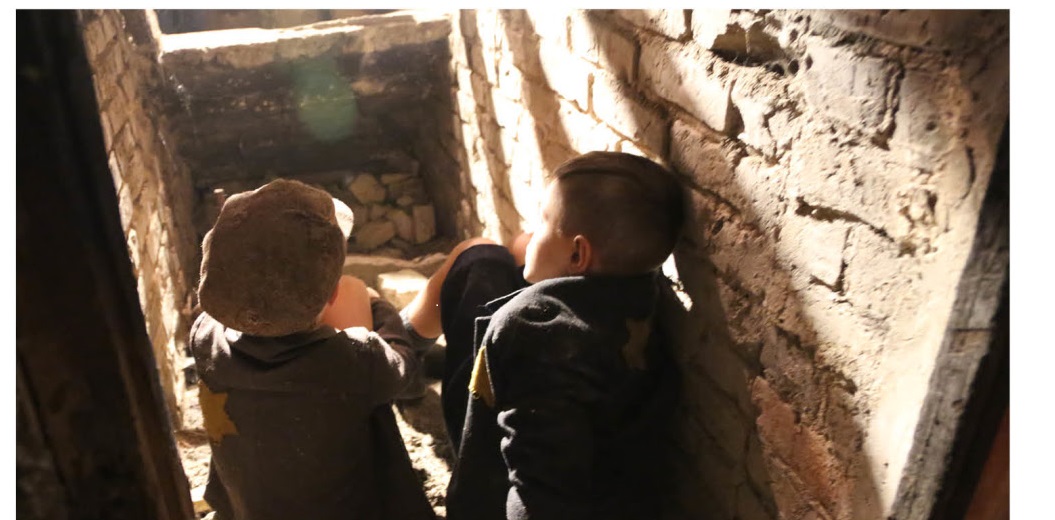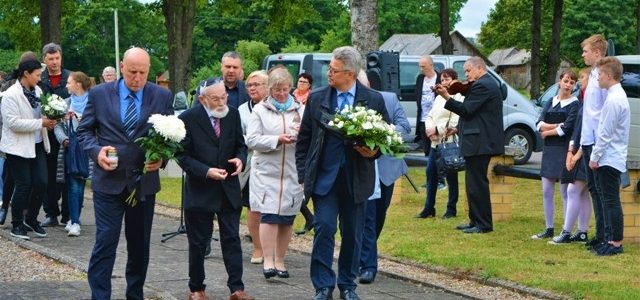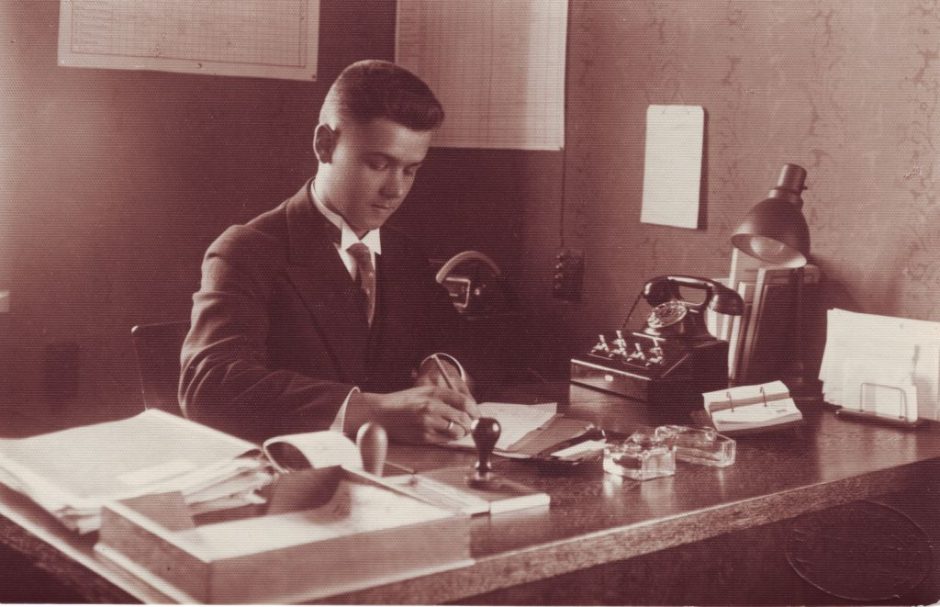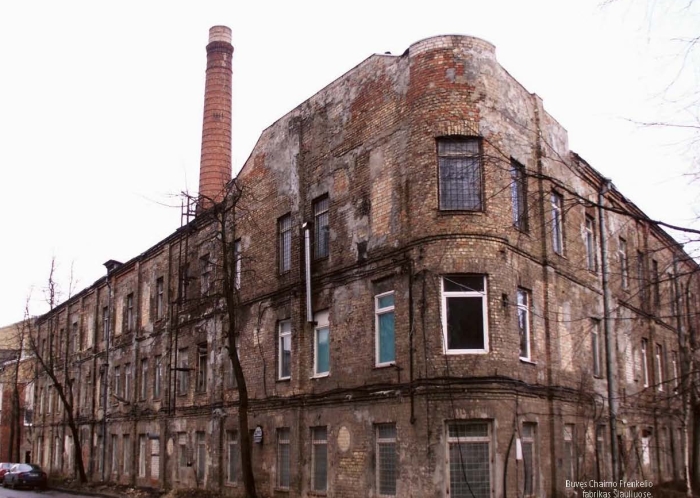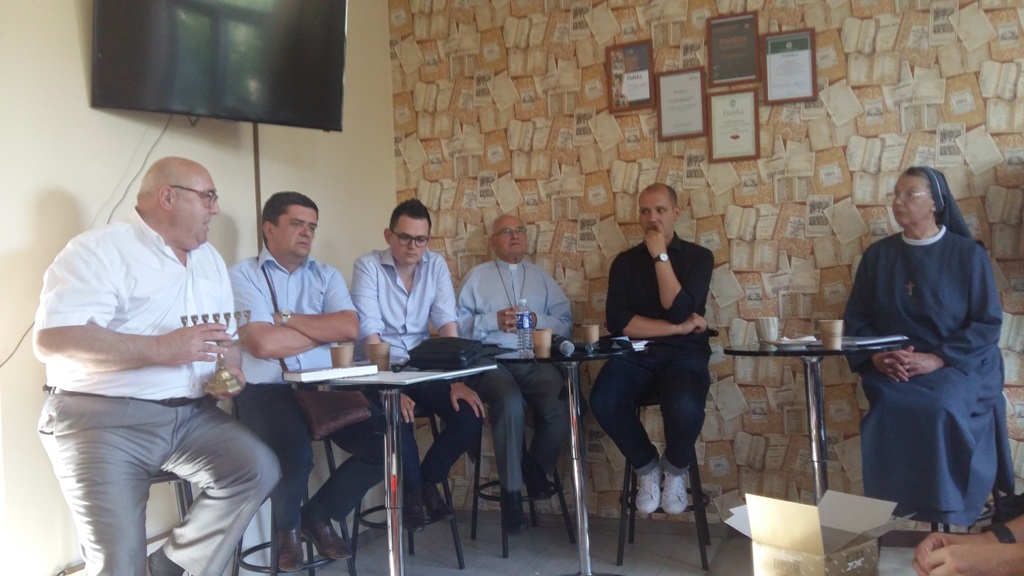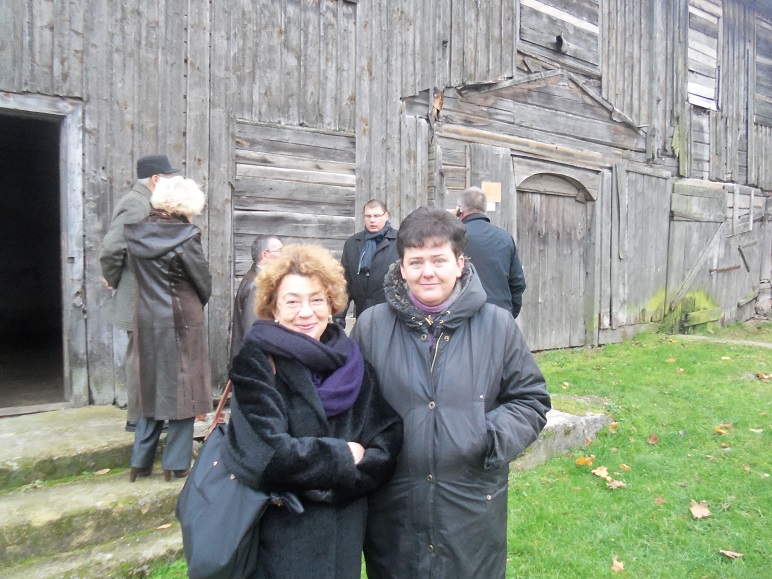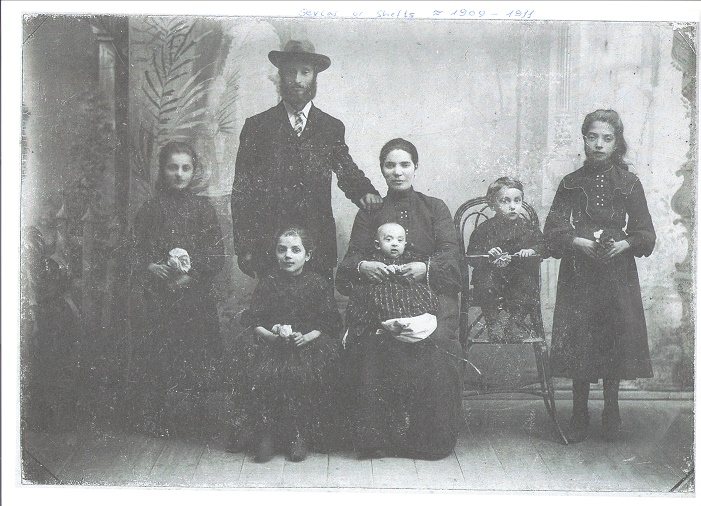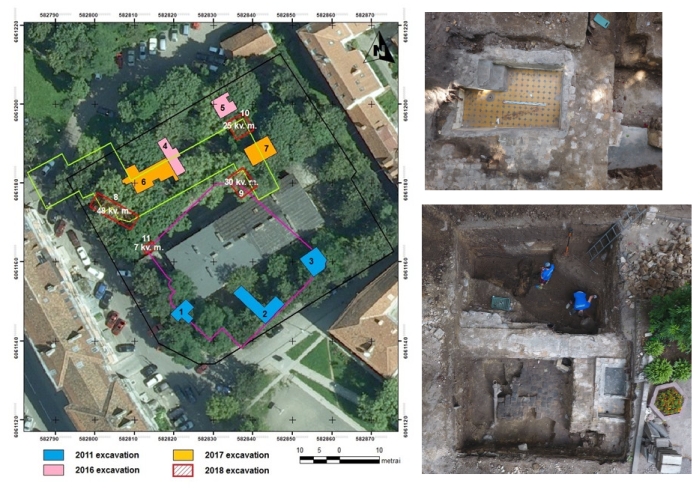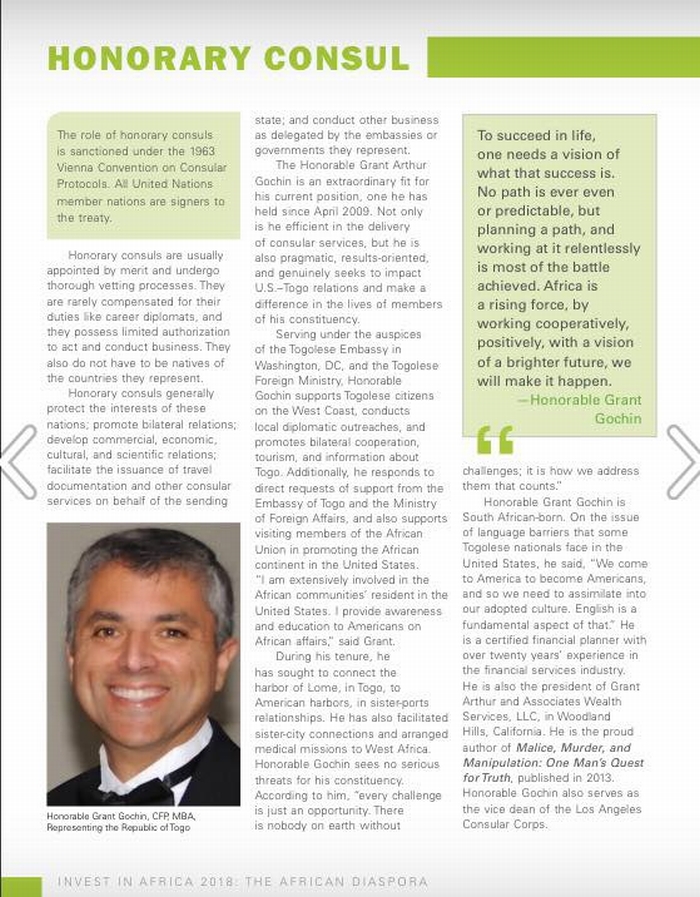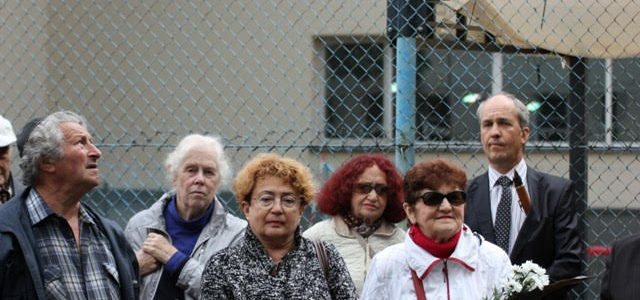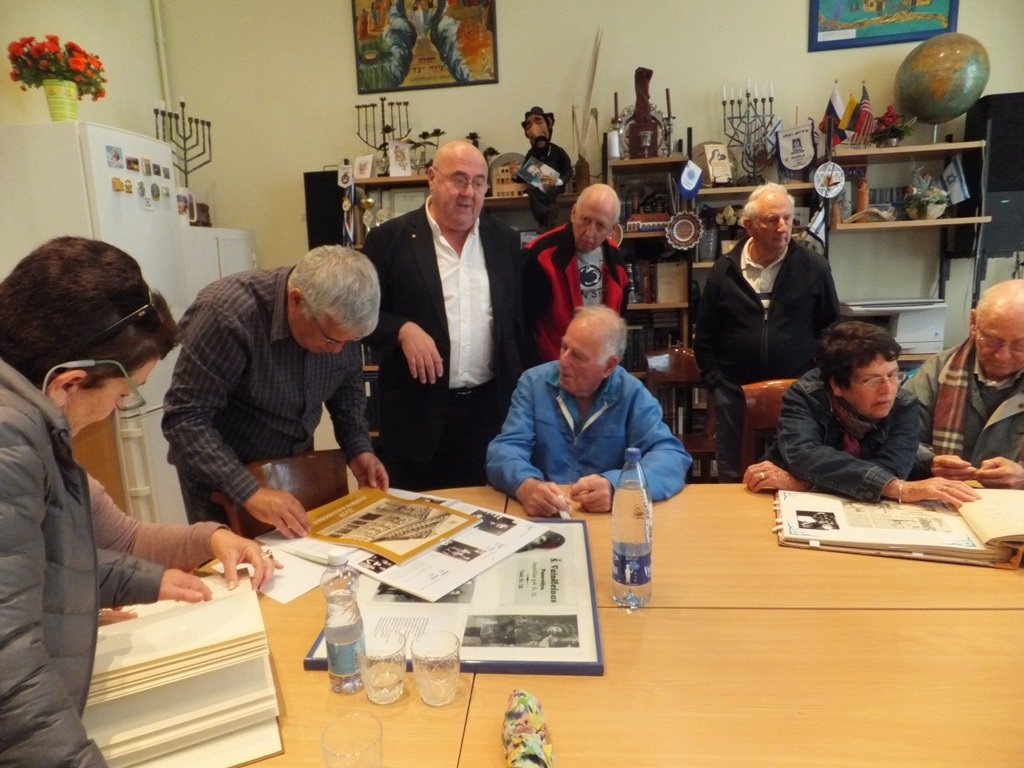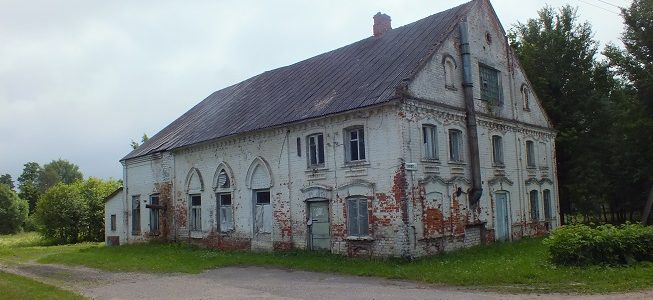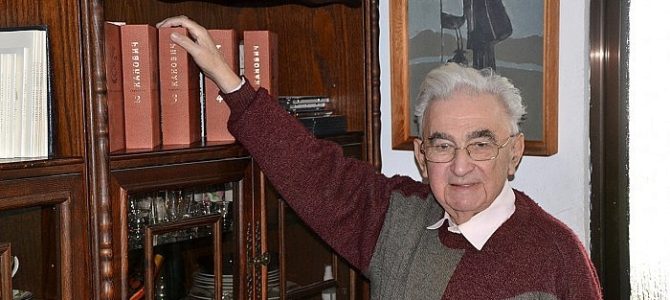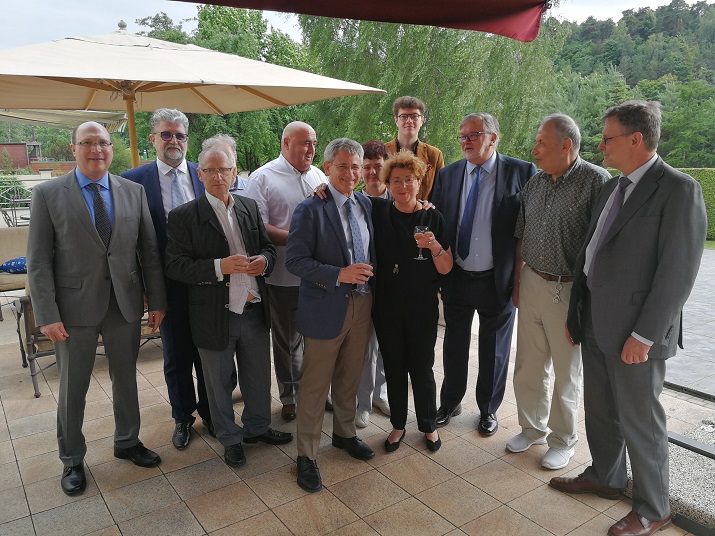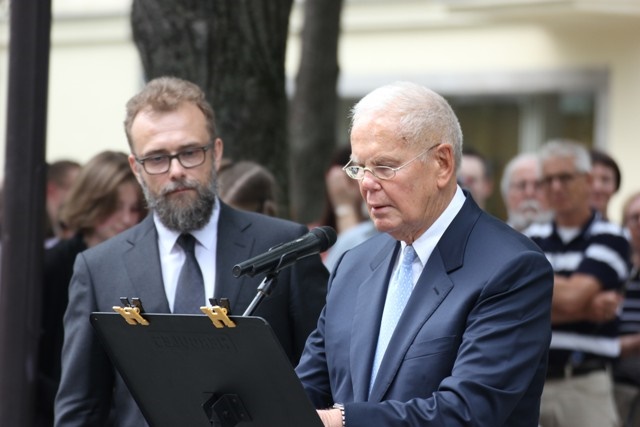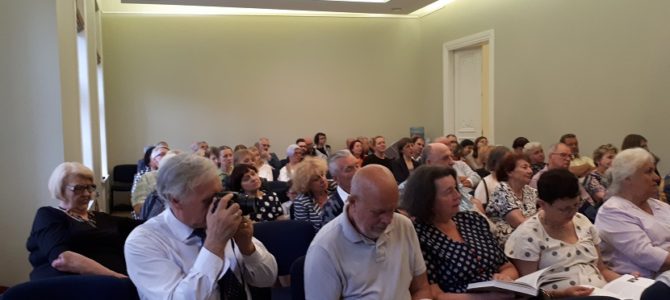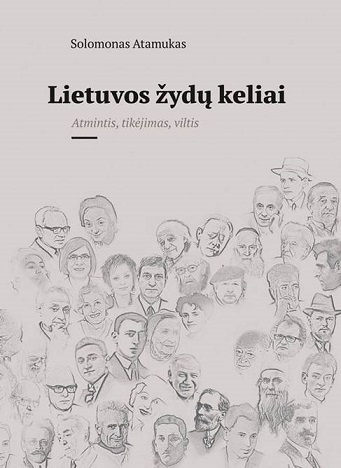Lithuanian president Dalia Grybauskaitė decorated Lithuanian and foreign citizens for contributions to the Lithuanian state on July 6, State Day.
“Today I would most like to emphasize what has been accomplished, and to thank everyone who works for Lithuania from their heart. Those whose civic-mindedness is not a pose or empty words, those for whom this country is the most important one in the world. Thanks to you Lithuania has in less than three decades travelled this road of statehood and today confidently compares itself to many states in Europe and the world with whom we have strong ties of friendship,” she said at the awards ceremony.
The Lithuanian Jewish Community is proud of and congratulates our members who were decorated on State Day on the 100th anniversary of the Lithuanian state.
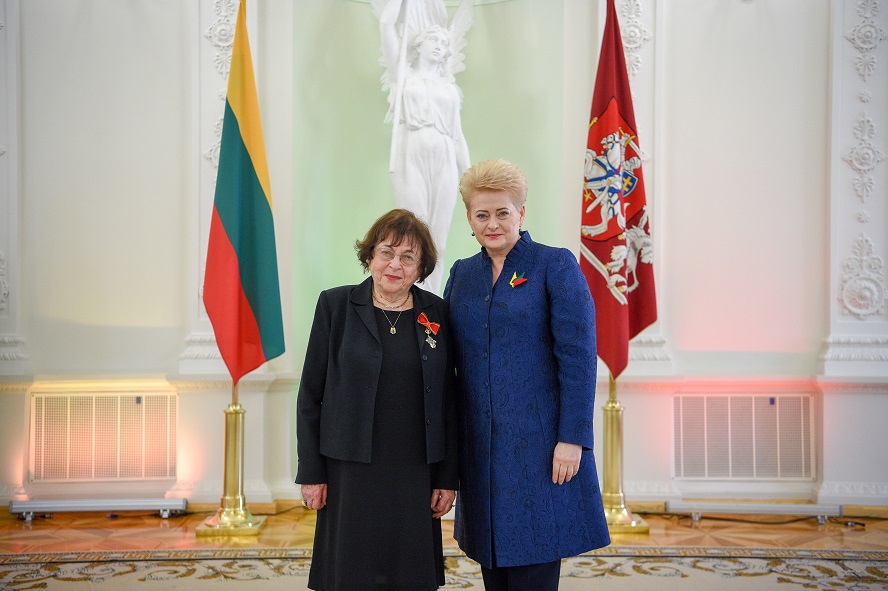
Theater expert and propagator of historical memory and tolerance professor Irena Veisaitė was awarded the Great Cross of the Commander “For Merit to Lithuania.”
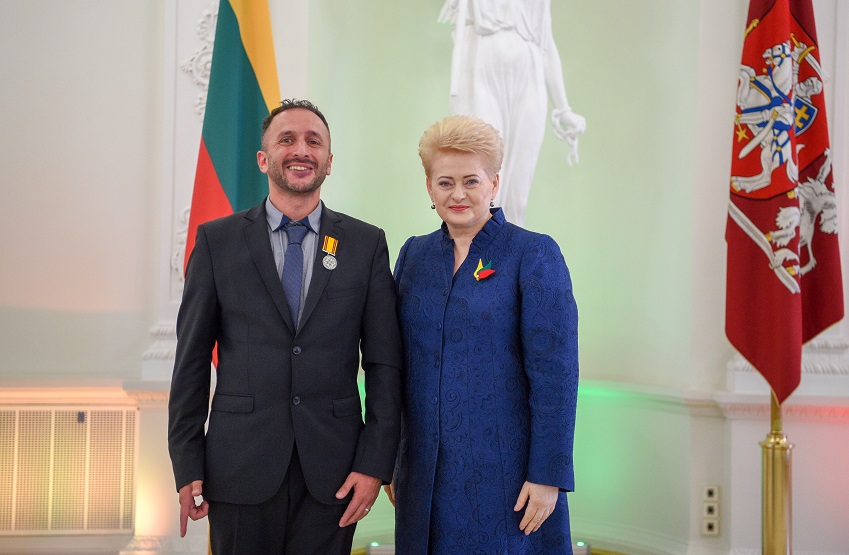
Journalist and radio host Ernestas Alesinas was recognized for encouraging civic-mindedness and strengthening civil society. He was awarded the Order of the Lithuanian Grand Duke Gediminas.


